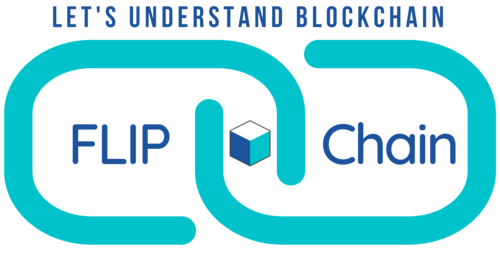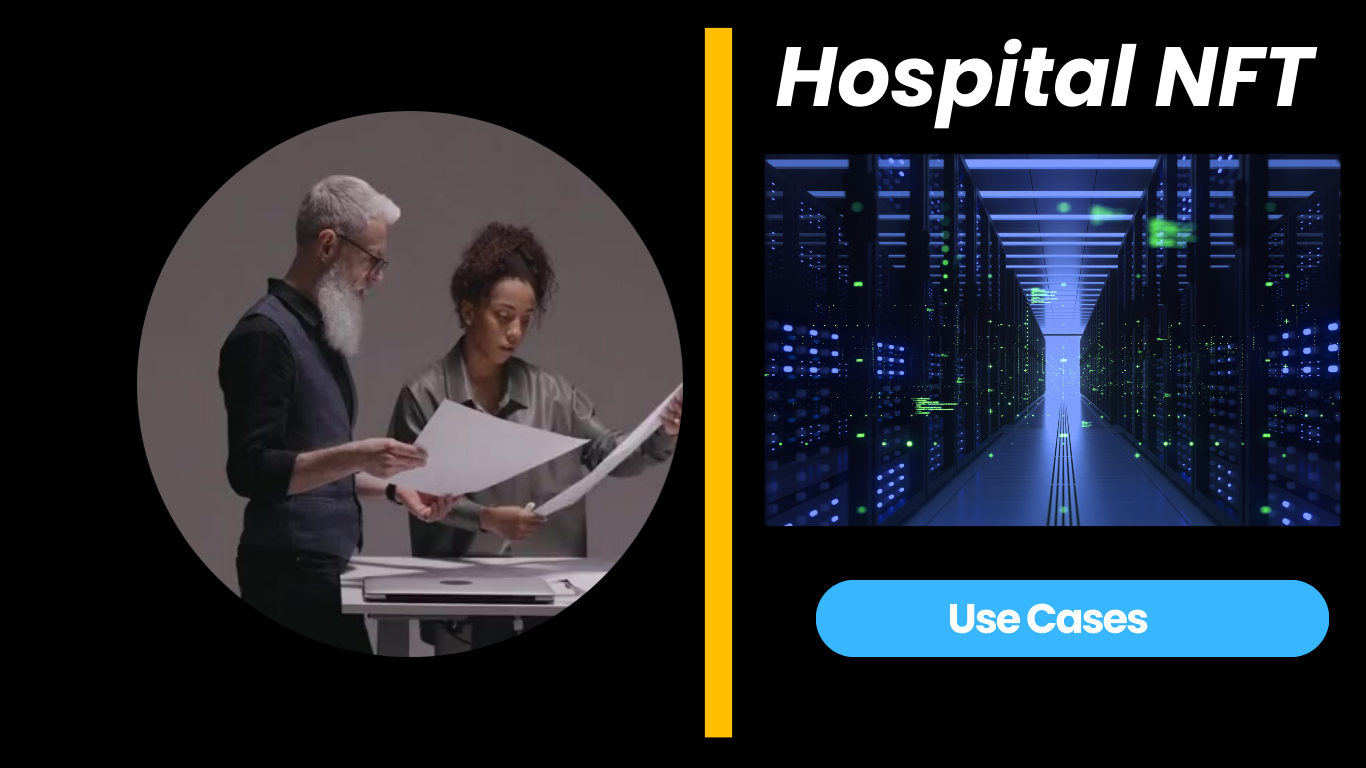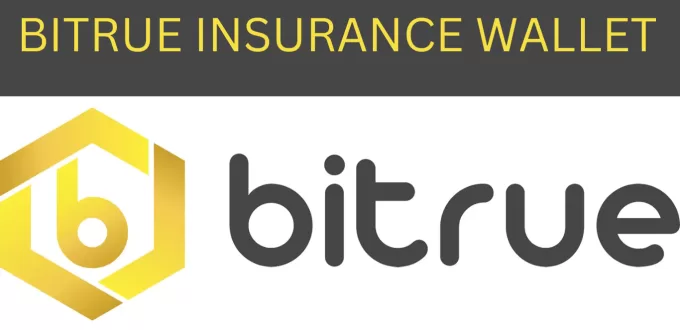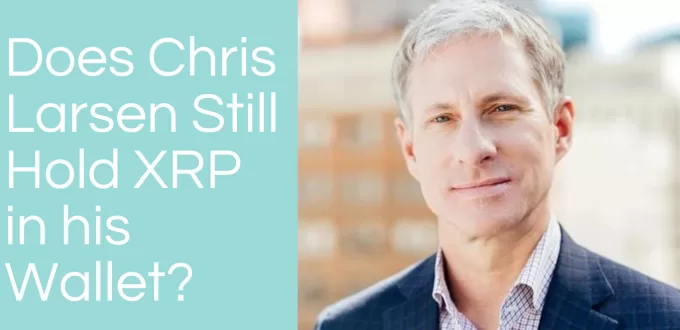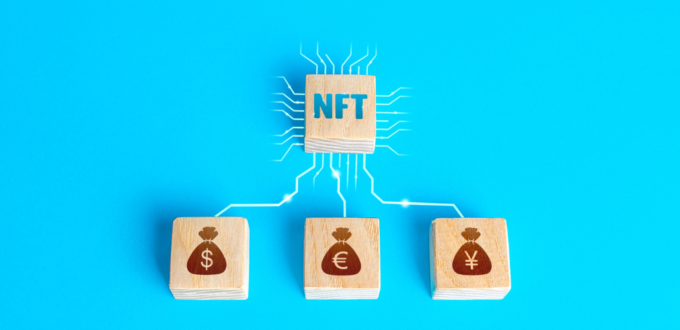Engaging patients in a hospital and building brand loyalty is one of the toughest jobs, especially with the increasing competition in the private healthcare market. In the various regions of the world where a patient is not restricted by insurance, a healthcare entity is chosen, based on the popularity of the treating doctor. This leads to the dependency of the hospital on the doctors which directly impacts the revenue of the hospital, in the case the renowned doctor gets hired by a competitive healthcare provider. In such a scenario, exploring and adopting new ways of marketing becomes a need of the hour. This space focuses on various hospital NFT use cases to improve patient engagement and brand awareness amongst the patients and hedge the impact of any internal or external factor impacting the business of the healthcare entity.
Hospital NFT Use Cases to Improve Patient Engagement and Brand Awareness
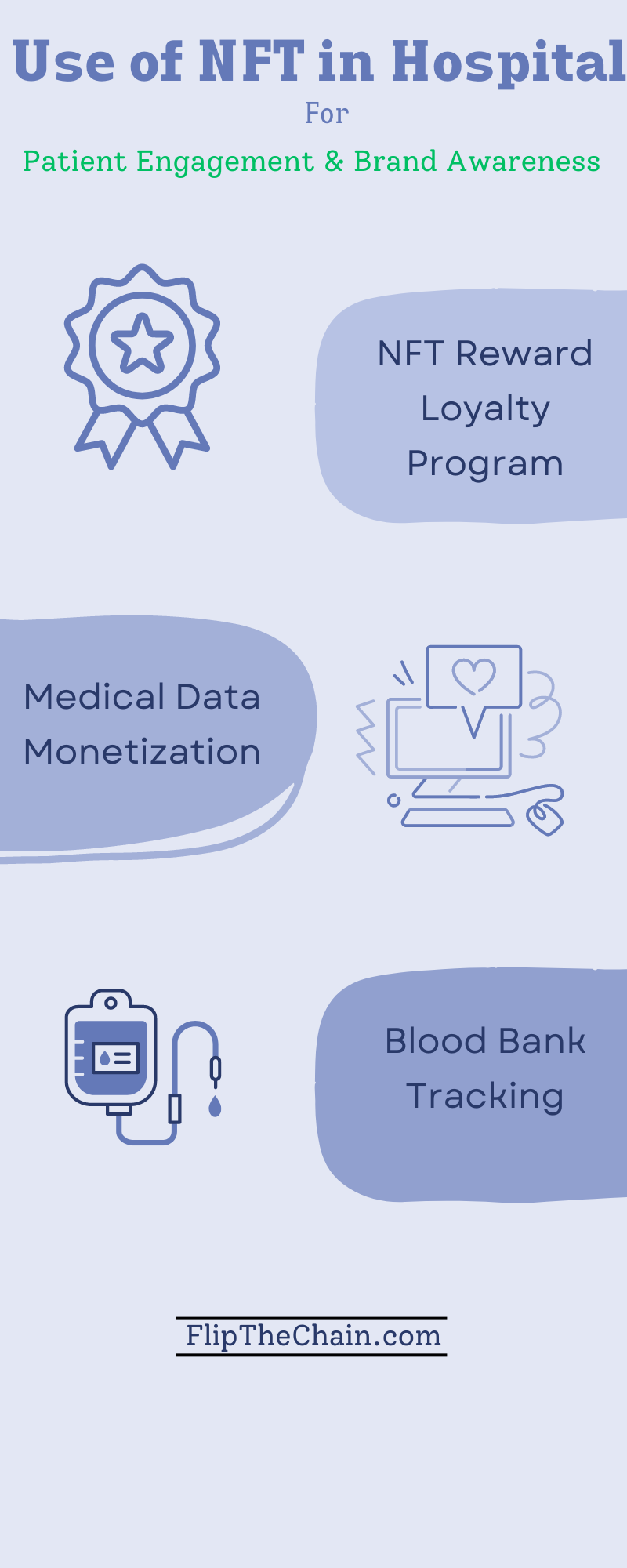
1) Hospital NFT Rewards Loyalty Program
Although it may seem a bit odd to have a loyalty program for patients, however, as per a survey done1Whaley CM;Vu L;Sood N;Chernew ME;Metcalfe L;Mehrotra A; (n.d.-a). Paying patients to switch: Impact of a rewards program on choice of providers, prices, and Utilization. Health affairs (Project Hope). https://pubmed.ncbi.nlm.nih.gov/30830823/, patients who visit a doctor on a regular basis, do not mind getting reward points for every consultation, diagnostic test and medication purchase. In fact, the patients love the reward points program, especially, if the rewards earned can be used to pay for copayments, deductibles, and medication bills or can be exchanged for souvenirs.
How NFT can help with Rewards Loyalty Program?
NFT (Non-Fungible Tokens) rewards loyalty program is a new way of distributing rewards to patients. This program aims at incentivizing the patients who make repeat purchases and show loyalty towards the brand. On successful completion of a specific purchase in the hospital, an NFT token shall be credited to the patient’s NFT wallet.
Since NFT tokens can be exchanged on a crypto exchange for a monetary value, therefore some patients may want to keep the NFT token for a longer duration of time in their wallet, in expectation of an increase in its value. This is where the patient’s engagement and loyalty towards the hospital brand increases. Further, since, the patient shall monitor the value of the NFT in his/her wallet on a regular basis, this shall register the brand of the hospital, in the patient’s mind and so shall spread as word of mouth.
Hospitals can adopt this program by creating an NFT Loyalty Program with the help of a technical team.
2) Monetizing Patient’s Medical Data with the help of NFT
Most hospitals across the world have started using Electronic Medical Records to document the medical data of the patients. The hospitals, therefore, have become data-rich. On top of this, various hospitals that participate in clinical trials, also have rich patient data with them.
Pharmaceutical companies as well as Research companies eye this medical data and pay millions of dollars to the hospitals to purchase it. In such a scenario, the patient, whose medical data is shared, is not given a penny for such transactions. Also, the consent of the patient to share the data is not taken in most of the cases.
Also Read – How To Tokenize Healthcare Data on Blockchain and Let Patients Monetize their Healthcare Data
How NFT Can Solve the Problem of Medical Data Sharing and Monetization?
Hospitals can convert the patient’s medical data in the form of NFT. In such cases, the patient can either allow his/her medical data NFT to be shared or block it from communicating with a third party. This complies with the HIPAA regulation2Division, H. I. P. (2022, October 20). Individuals’ right under HIPAA to access their health information. HHS.gov. https://www.hhs.gov/hipaa/for-professionals/privacy/guidance/access/index.html which states that the patient is the owner of his data and not the healthcare entity. In cases, where the patient allows the hospital to share his/her medical data NFT with the research companies, the patient will be able to track who is accessing the data and thereby claim the percentage share in the revenue shared with the hospital.
Incentivizing patients to monetize their medical data is one of the novel use cases of Hospital NFT marketing to increase brand awareness and patient engagement. The monetary incentive shall act as a magnet for the patient and therefore the brand value and loyalty towards the healthcare entity shall gradually build up and spread through word of mouth.
Also Read – 5 Simple Use Cases of Metaverse in Hospital that Can Improve Hospital’s Visibility in the Market
3) Blood Donation with NFT
It is often seen and heard about the struggle for fetching a blood bag by a relative or known of yours when it’s required the most. This is a harsh reality, that the distribution and supply management of blood banks is not efficient. When required, the care provider as well as patients do not have full visibility of the availability of the bag.
How NFT Can Solve the Problem of Transparency and Supply Chain?
A digital framework of a blood bank can be developed on a blockchain where the donated blood in the hospital is converted into an NFT3Yaghy, A., Alberto, N. R. I., Alberto, I. R. I., Bermea, R. S., Ristovska, L., Yaghy, M., Hoyek, S., Patel, N. A., & Celi, L. A. (2023, July 27). The potential use of non-fungible tokens (nfts) in healthcare and Medical Research. PLOS digital health. https://www.ncbi.nlm.nih.gov/pmc/articles/PMC10374113.
When required, the blood type matching NFT can be tracked easily on the blockchain and can be fetched for the patient, without much delay. Further, depending upon the type of blood donation, the NFT can maintain the traits of healthy whole blood, platelets, or plasma. This shall give transparency to the care providers in choosing the right type for his/her patients. The donor also shall be able to track the movement of his/her donated blood.
With such a move the patients and blood donors shall gain more confidence in the operations of the hospitals and thereby an improvement in brand awareness and patient engagement shall happen over a period of time.
Take Away
It is quite evident that various use cases of hospital NFT marketing will help in improving the overall experience of the patients and their attendees. It will bring transparency and trust to the system and will give the visibility of the data and medical records to the patients (who own the data as per the HIPAA laws).
For the hospitals always on the lookout for new ways of marketing, getting patients engaged with NFT, is soon going to be the new trend in marketing. With a bit of technical help in setting up the infrastructure and base for the NFT marketing blockchain, your hospitals can do wonders in the private healthcare setup, and starting just now will give your hospital the first movers advantage.
References
